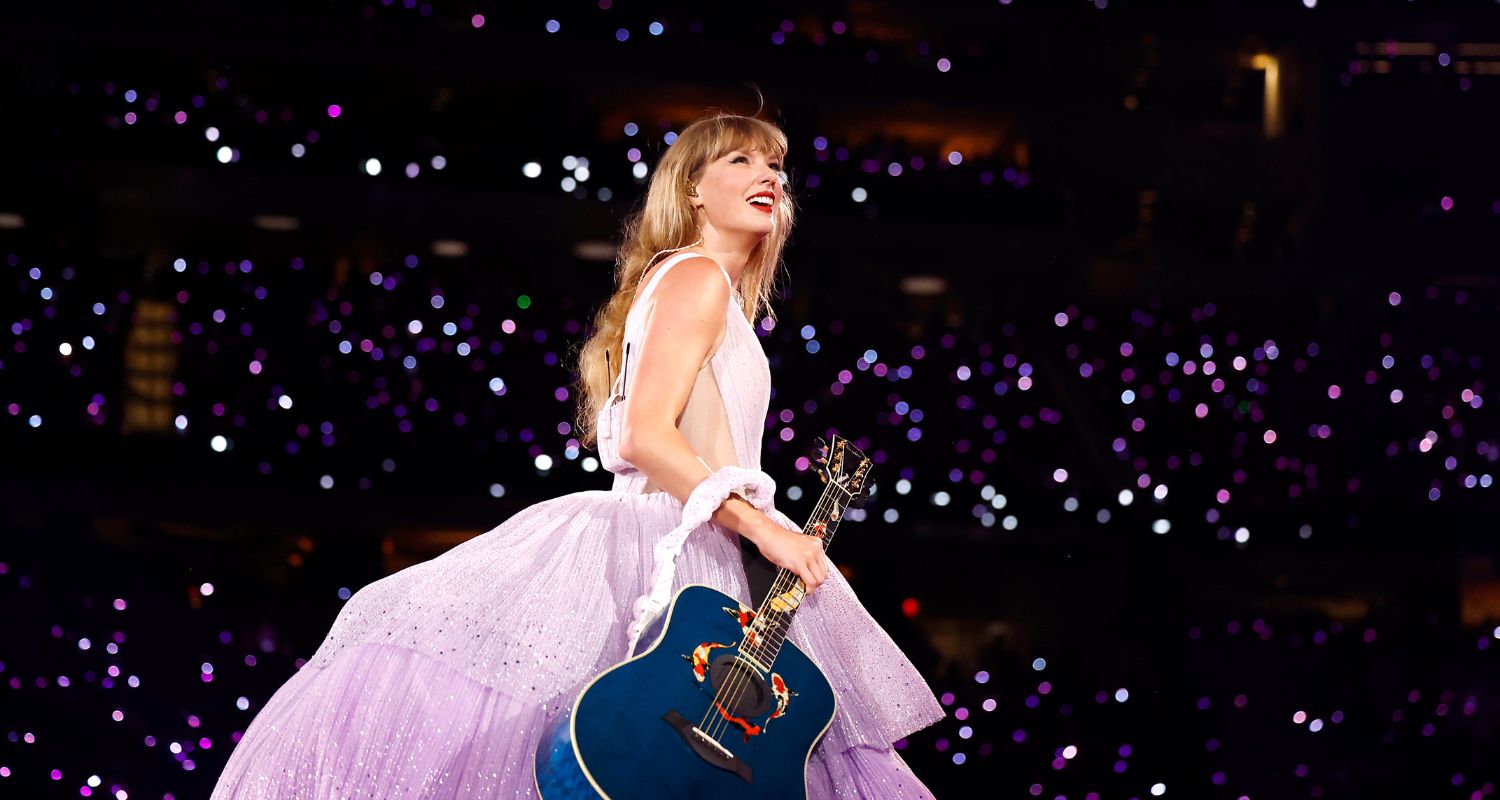
Friends’ jaws dropped when HR manager Natasha Blackman and her husband, Alisdair, a business owner, threw a housewarming dinner at the five-bedroom Federation brick home they’d recently moved into on Sydney’s prestigious upper north shore. As their friends surveyed their gorgeous new pad they couldn’t believe it. “You’re barely going to have to do a thing to this place – it’s absolutely liveable as is,” said one guest enviously. Natasha suppressed a grin. “Do anything to it? Oh, you don’t think we bought this house,” she replied. “No, we’re renting.”
If this was a cheesy ’90s sitcom, a needle would scratch across a record and deafening silence would follow.
Except in the case of students or expat executives, Australians tend to see renting in the same way as they think of dating the bad boy guitarist from their uni’s rock band – a character building rite of passage, something you grow out of once you become a proper adult. It’s an attitude that is overdue for a dramatic rethink. Because in the very near future, for the first time in our history, more than 50 per cent of Australians will rent rather than own their own home.
If the trend continues it will lead to a deep societal shift, says social researcher and futurist Mark McCrindle. “It will change us profoundly – we will move more, have less of a sense of community and save less money,” he says. “If it turns out we’re renting for life rather than just buying later, the great Aussie dream could be over.”
Renting has traditionally been the province of the peripatetic and those on the lower end of the socio-economic scale, however, today’s significant shift is being driven by a new generation of young professionals who are choosing to lease over buying, frequently because of lifestyle considerations.
They’ll be cashed-up but asset poor, less encumbered by mortgages and interest rates, but less likely to know their neighbours. It’s a way of life that will fit with the transience of the rest of our lives – more short-term jobs, more frequent relationships and less security.
GOOD NEWS FOR RENTERS Rents have flattened across many capital cities in the past 12 months and are showing a downward trend thanks to a glut in construction.
In the near future, the property market’s winners will be less about who can slam down the winning bid at an auction to whoever sprints to the estate agent fastest with their forms filled in after a viewing.
Natasha and Alisdair, both 35, and their two kids, Felix, five, and Allegra, two, are anything but poor uni students, and are much more emblematic of the new renters – affluent professionals determined to spend their money on the finer things in life, rather than sinking it into the huge mortgage payments.
The family has since left that upper north shore home that so impressed their guests and relocated to another spacious home with a pool on Sydney’s equally prized lower north shore.
“It’s about where you put your value,” Natasha says. “Alisdair and I are shopping addicts. We love big trips overseas with the kids plus we get to live in an area we love with great schools. Houses around here sell for up to $2.5 million. Just because we didn’t buy at the right time doesn’t mean we shouldn’t be able to live here and enjoy life.”
30% of Australians rent; 42% have a mortgage; 28% own their house outright. The average renter is aged 37; the average homeowner is 52.
Their friends, on the other hand, don’t have that flexibility. “People say that renting is dead money and ask us why we haven’t managed to save a deposit when we’re both on good salaries,” she says. They also ask the inevitable question: “How will you live when you’re 65?” But Natasha waves them away. “No-one has a crystal ball,” she says. “Maybe we’ll be living overseas. Perhaps our friends who’ve bought will find the market’s crashed and they’ll be even worse off than us. Maybe we will buy down the track. We choose to live in the here and now.”
The thinly disguised disdain faced by renters is common among landlords, says Anthony Ziebell, of the Tenant Rights Party. “There’s this mindset that if you’re a renter, you’re making a poor investment and so you can’t be very smart,” he says. Some landlords, he says, think renters can’t be trusted with their investment property – an attitude reflected in the draconian rental laws largely designed to favour landlords.
Take for example, the shortness of leases, the reluctance to allow tenants to change a rented property in any way and the difficulty for tenants to raise disputes.
If the Blackmans lived in Europe or the US they would find a very different scenario. In Switzerland, 56 per cent of people rent. In Germany, only 39 per cent own their homes and renting is seen as normal. Germans often have two year minimum leases, landlords have to give at least three months notice and rents increase by as little as 20 per cent over three years. In LA and NYC, rent control makes leasing a common choice.
In contrast, in certain circumstances Australian landlords can turf out their tenants with little notice and in NSW hike up rents.
Our tax laws favour capital gains tax discounts which reward investment buyers buying up property and moving it on quickly, displacing those living in it in the process. In fact, Australia is seen to be one of the least tenant-friendly countries in the OECD.
Ziebell says tenants groups are desperate to see a change to current laws.
“In WA there isn’t a rental tribunal, so if you have a problem with your landlord, it’s the magistrate’s court,” he says. “In the Northern Territory, there’s no bond board so renters hand over their bonds and just hope for the best.”
Other states are better in some areas, he says, but he is yet to hear a valid argument as to why something as important as housing should not be brought under federal law.
He also wants to see longer leases. Short leases have negative effects on adults and children. “We know the impact on kids when they have to move school or home,” he says.
“It can be horrible to see the way renters are treated,” says Jade Costello, co-founder of Melbourne Rental Search, which caters exclusively to renters. “If more professionals stay in the market, not just when they’re young and biding their time, we’ll see the market change to meet their needs.”
For Natasha and Alisdair, the market is the last thing on their minds. One of the advantages about renting is that they have much to talk about other than rising property prices and the latest renovation. “I’d much rather talk about holidays and handbags,” says Natasha with a laugh.
Kate Tomlinson, 27, rents a two bedroom, freestanding townhouse with her fiancé, Tom White, 27. They run their own business, White Clover Wedding Music.
“Renting allows us to have more money to invest in our business,” says Kate. “We might want a shopfront at some point in the future, which we probably couldn’t afford if we sunk all our money into a mortgage. Putting our money in our own business is a solid investment, but who knows what could happen to house prices in an area where we bought a house.
“We’re confident that our business will earn us more money long term than a property. Then there’s all our travel. We’re away most weekends performing at weddings. The last thing we want is have to take care of our own home.”
“We will consider buying in the future. We’re at least a year and a half away from starting a family, so we might want to buy then. This way we will have tested different areas and be confident of buying in the right place. We’re in an ideal spot now but maybe we don’t want this to be where our family home is.”
Angie Ersan, 35, and husband, real estate agent Ercan, 36, rent a three-bed terrace with daughters London, six months and Elvie, two.
“There are three main reasons we rent. We can afford to rent better than we can afford to buy with property prices where they are,” says Angie.
“We’re also investing in development elsewhere which has more risk but better returns than if we owned our principal place of residence. And we have small children and want to try places out before we decide what school catchment we want to be in.
“We’ve had bad rental experiences before. We’ve started off on the wrong foot with a landlord, and also had a rental where the landlord was selling and we had to get out. That instability is hard for renters.
“We now have a great landlady who lets us have our dogs which was a dealbreaker for us! The stigma around renting has got to go. Renting or buying, it just shouldn’t matter these days.”
AVERAGE WEEKLY RENTAL PRICES AROUND AUSTRALIA
Brisbane
$431
Sydney
$600
Canberra
$500
Melbourne
$457
Hobart
$355
Perth
$435
HOW OFTEN CAN RENT BE INCREASED?
NSW: No limit.
Qld, Tas, Vic, WA and NT:
Once every six months.
ACT and SA: Once every 12 months.
WHAT YOU CAN DO
Renting for life is the future for many Australians, but critical change is required. Here’s how you can help
Make it political
Our tenancy laws require urgent reform. The newly formed Tenant Rights Party is advocating for renter’s rights through legislative change, new policy development and housing affordability. Visit tenantrights.org.au/join.
Make your voice heard
Vent about your rental property, landlord or real estate agents at consumer review site DontRentMe.com. (If you are experiencing real tenancy problems seek advice through free tenant advice services in your state).
Support pet owners
Family pets are often the innocent victims when landlords deny tenants the right to keep pets. The RSPCA is advocating for change in this area. See rspca.org.au.
Help social ventures
Many small not-for-profits are advocating for social change around housing issues. The Tiny Homes Foundation is one such organization building tiny homes for the homeless. Follow them on Facebook and see how you can help.
 Marie Claire
Marie Claire









